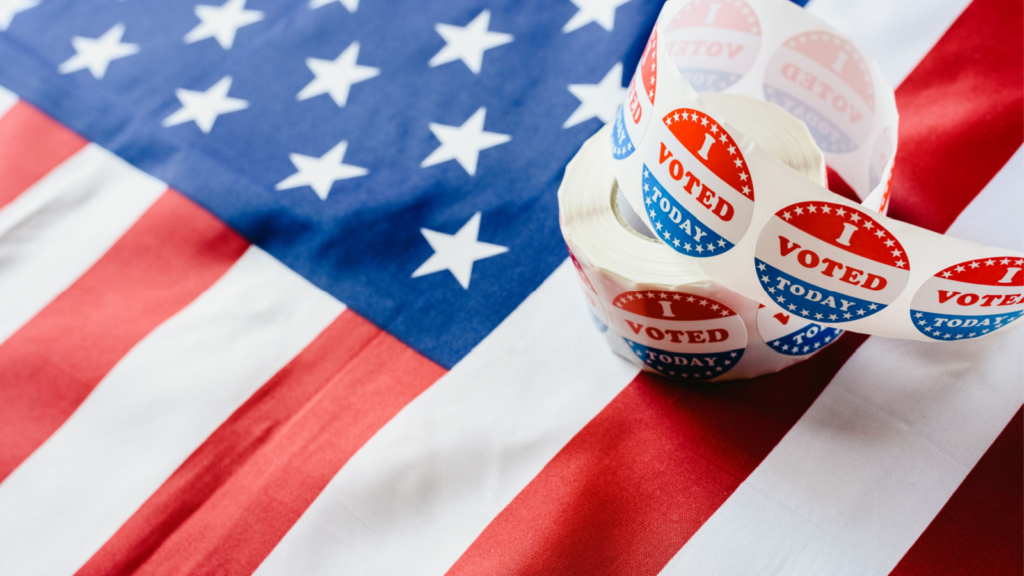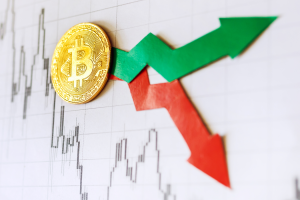
With states across the country holding presidential primaries, it’s time to look at a time-tested Super Tuesday indicator: The stock market. Indeed, since 1976, stock market performance up to Super Tuesday has correlated closely with election results. This time around, that means stocks are saying President Joe Biden will win re-election come November.
How exactly does the stock market pick presidents?
Well, typically in election years, if the S&P 500 is up heading into Super Tuesday, the incumbent typically goes on to win the election. On the flip side, if the S&P is down for the year by the time Super Tuesday rolls around, it’s a pretty reliable predictor that the challenging party will grab the executive office.
The indicator is surprisingly accurate. Since 1976 — the start of Super Tuesday — the stock market has accurately predicted the winning presidential part with about 83% accuracy. Per LPL Financial Chief Technical Strategist Adam Turnquist, four out of the last five times stocks were up heading into Super Tuesday, the incumbent party ended up winning the presidential election. On the flip side, six out of the last seven times stocks were down into Super Tuesday, the incumbent went on to lose the general election.
While the sample size isn’t exactly massive, there’s no denying the indicator’s success so far.
S&P Climbs as Super Tuesday Indicator Gives Biden the Nod
The S&P is up more than 7% year-to-date (YTD). Given that both parties have largely locked in their presidential nominees in the form of Biden and former President Donald Trump, history says that the Democrats have a decent chance of staying in the Oval Office come next January.
It may seem bizarre for stocks to hold such strong predictive power over the presidency, but in more ways than one, it makes sense. Indeed, stocks serve as something of a proxy for the wider economy. General sentiment regarding the future of the economy frequently drives gains or losses in equity markets.
Typically, the economy is the single-most-important issue for voters heading into an election. As such, it makes sense that when stocks are up heading into the election — typically reflecting at least partial strength in the economy — voters are satisfied with the current administration’s party enough to keep them in office.
It’s certainly not a perfect science, but it’s success on the matter is hard to deny.
15 states held either Republican or Democratic primaries on Tuesday, meaning once the results are settled, it should be clear exactly who the nominees are. That said, preliminary polls suggest it’s already quite apparent who we can expect in the general election.
On the date of publication, Shrey Dua did not hold (either directly or indirectly) any positions in the securities mentioned in this article. The opinions expressed in this article are those of the writer, subject to the InvestorPlace.com Publishing Guidelines.




